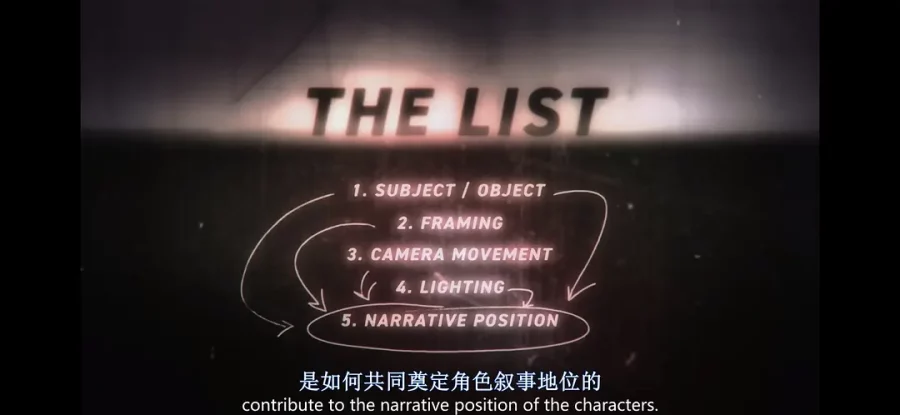The term “male gaze” was coined by art critic John Berg and later used by film theorist Laura Mulvey in feminist film studies. This theory refers to the fact that in many visual arts, women are often in a state of objectification. Men use the camera and character setting to build a safe and satisfying male desire in the film world, while women in these works are often placed under the “male gaze” in a kind of alienation of the edge of the objectification state, women are just symbols of male desire, lack of their own subjectivity. As a result, the female image under the stereotype and male gaze is often uniform and soulless.

It is not difficult to find that those who stand at the top of the pyramid of literature and even culture or hold the right to speak are often men. Woolf once put forward the theory of “Shakespeare’s sister” in A Room of one’s Own, believing that if Shakespeare had a younger sister who was as talented as he was in drama, the younger sister would never get the same treatment as Shakespeare, could not read, had to marry, and would become an ordinary woman of no name in Elizabethan times, unable to shine like her older brother. They get sick and go crazy and die because they can’t stretch their gifts.
Such a statement was proved by Mozart’s sister, Maria Anna Mozart. Mingming Maria has musical talent and talent as good as or even better than her younger brother, and was famous in Europe at the age of 12. But when the English writer Mary Novello visited her in 1829, the widowed Maria was blind, living in poverty, and soon died. Even the Mozart that most people in today’s society have heard of is not this Maria. We have reason to believe that “Shakespeare’s sisters” like Mary are still hidden in the invisible corners of history books, their works either adopted by their brothers, or buried in the long years of neglect.
The gaze is innate, whether the society is patriarchal or feminist, whether it is patrilineal or matrilineal, as Sartre puts it, “the gaze of others,” when we exist in this world, the gaze is already there. It’s just that we talk about the male gaze more than the female gaze, because the male gaze has been around longer than the female gaze, and we can even say that behind the male gaze is a kind of patriarchal gaze, the male gaze itself is not just the male gaze to the female gaze, but also the male gaze with higher power to the male who has less power. Gender is born, class is formed, and in the process of class formation, someone will eventually become the second sex, but at present women are the second sex, so we emphasize that the existence of the male gaze forces women to become the second sex. We can also imagine that if it is women who have the right to speak, will men be the second sex? Of course it will be. By then perhaps the female gaze will be discussed far more than the male gaze. But will the matriarchy that gives birth to the female gaze ever come? No one knows.
References:
Mulvey, Laura. ŌĆ£Visual Pleasure and Narrative Cinema.ŌĆØ Screen 16, no. 3 (1975): 6-18.
Virginia Woolf. ŌĆ£ A Room of One’s Own. ŌĆØ 2010.8.1


Your reference to Virginia WoolfŌĆÖs ŌĆ£ShakespeareŌĆÖs sisterŌĆØ theory from “A Room of One’s Own” and the story of Maria Anna Mozart aptly illustrates the systemic silencing and marginalisation of talented women throughout history. These examples highlight the disparities in opportunities and recognition between men and women, reinforcing that women have often been relegated to the sidelines in art and life.
However, while discussing the pervasiveness of the male gaze, it’s also important to acknowledge the efforts and progress made in recent times to challenge and change these narratives. The rise of female directors, writers, and artists actively reshaping the portrayal of women in media and literature is a significant stride towards dismantling long-standing stereotypes.
Additionally, your philosophical musing on the gaze as a societal construct, not just limited to gender but encompassing broader power dynamics, is thought-provoking.
Thank you for such an enlightening and thought-provoking read!